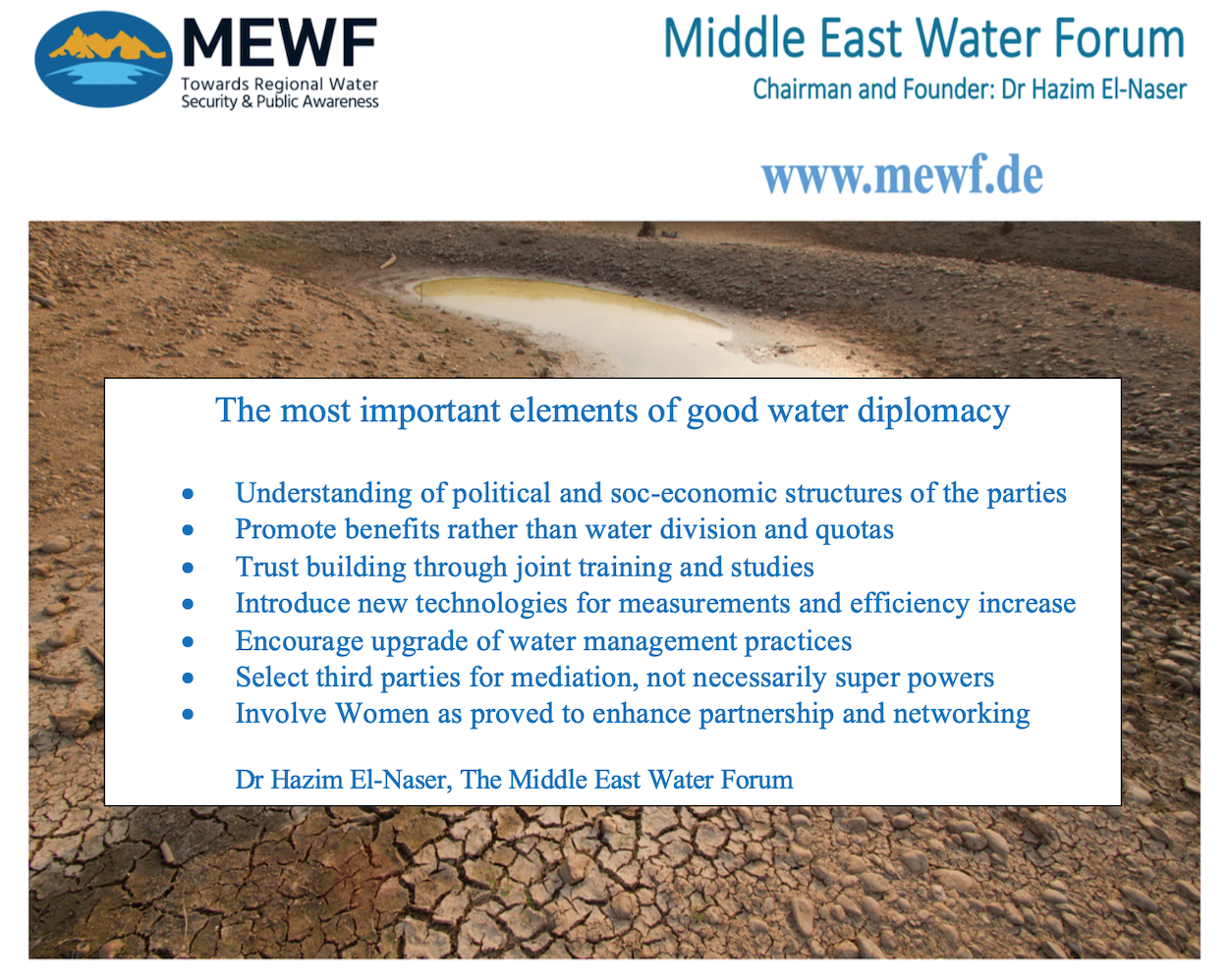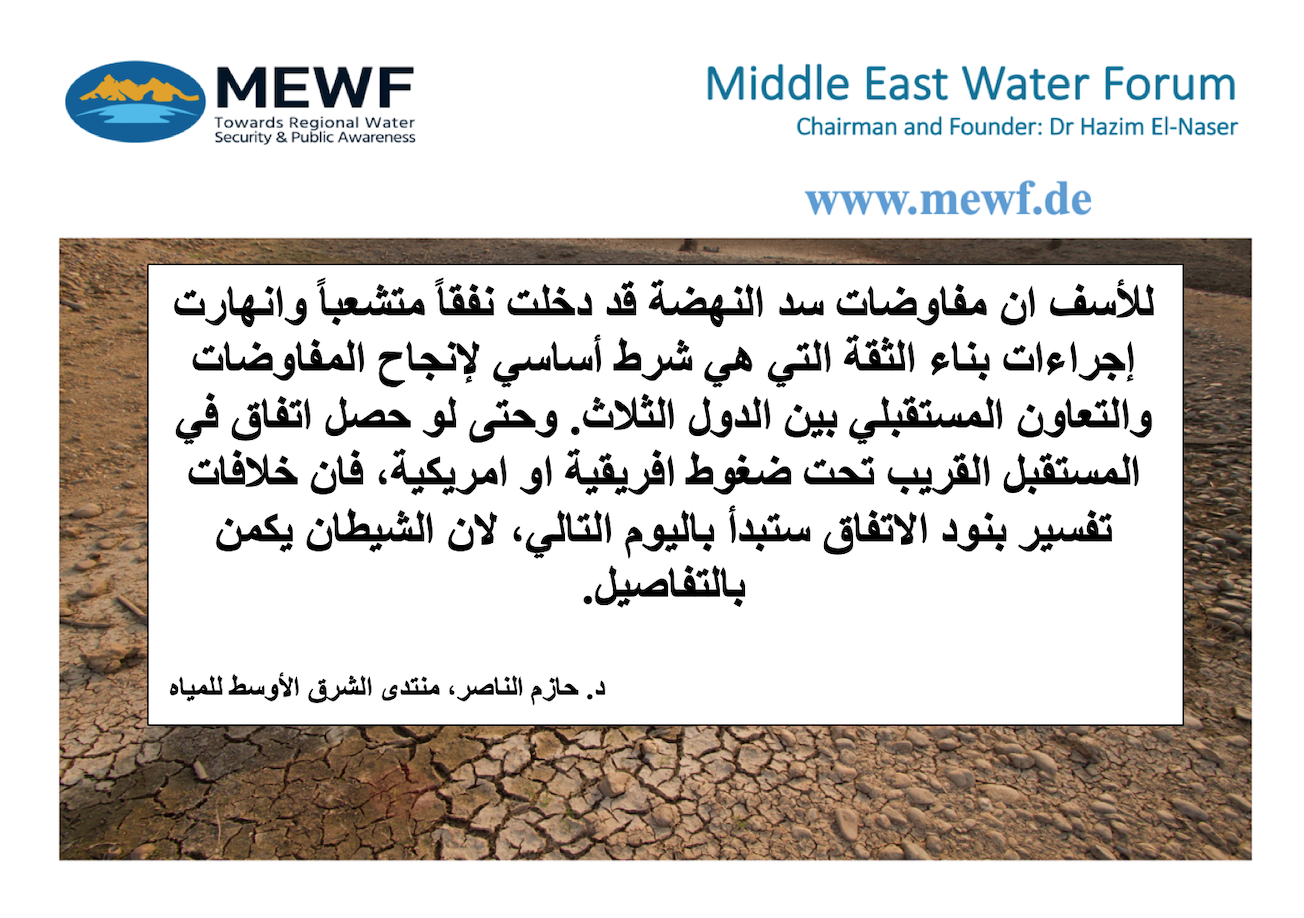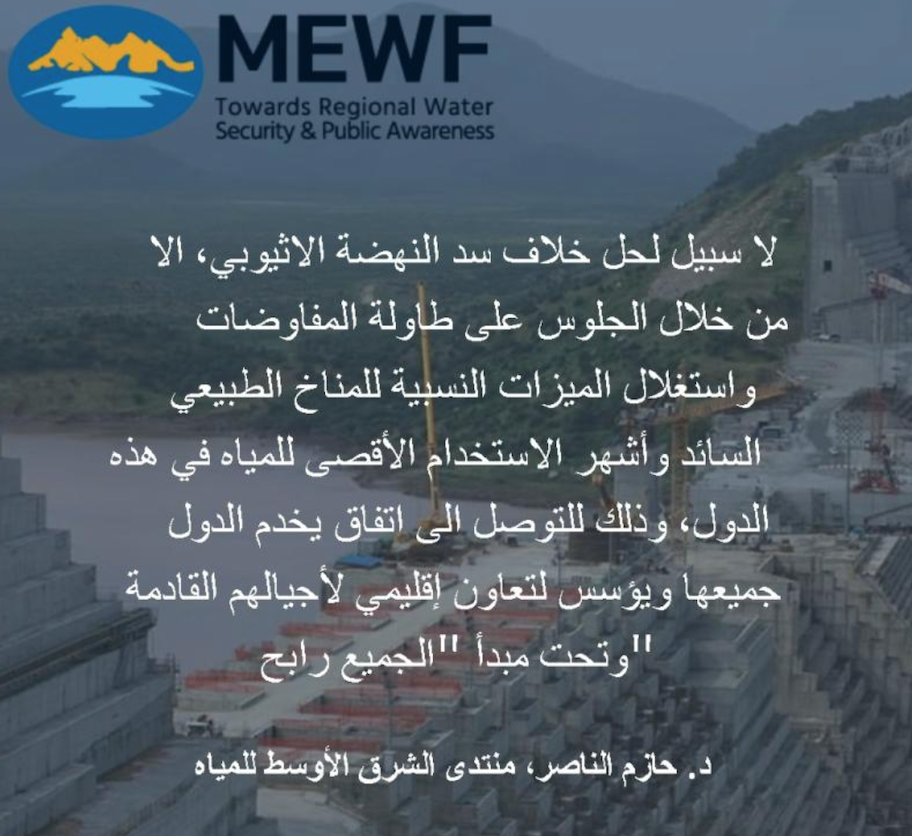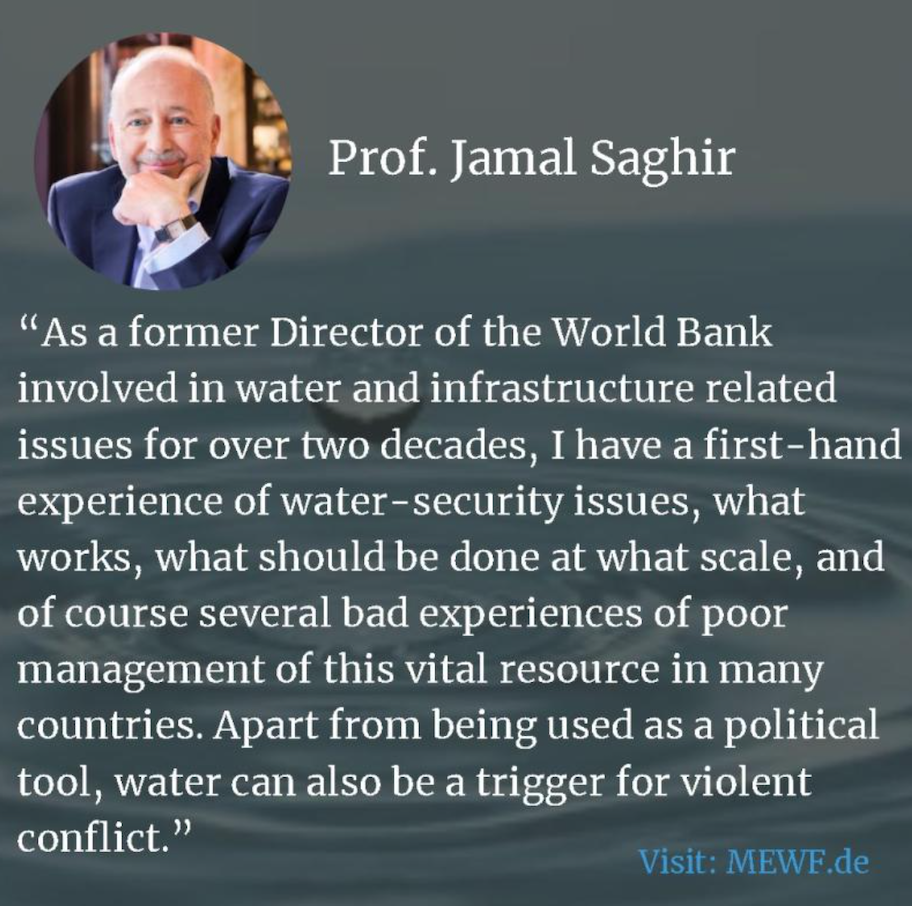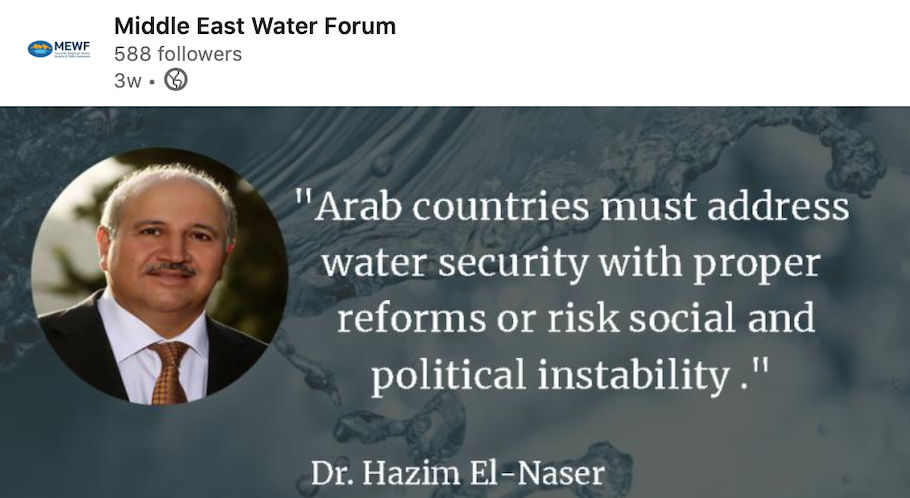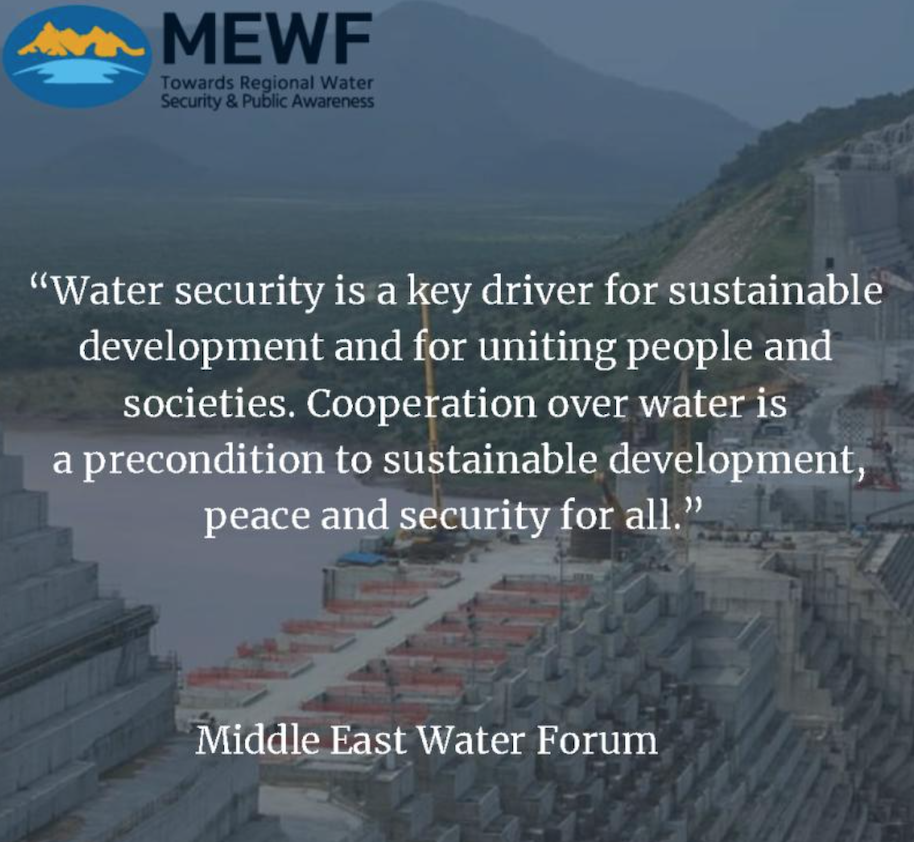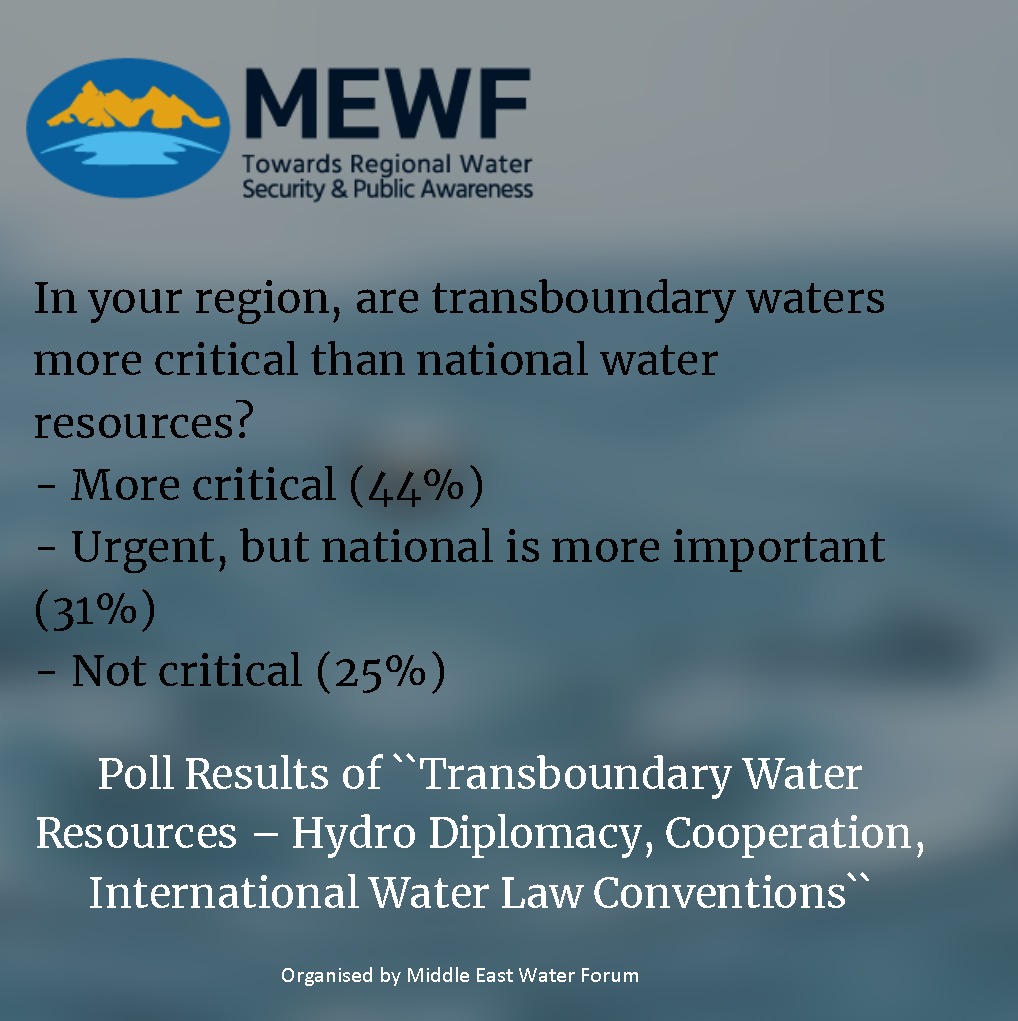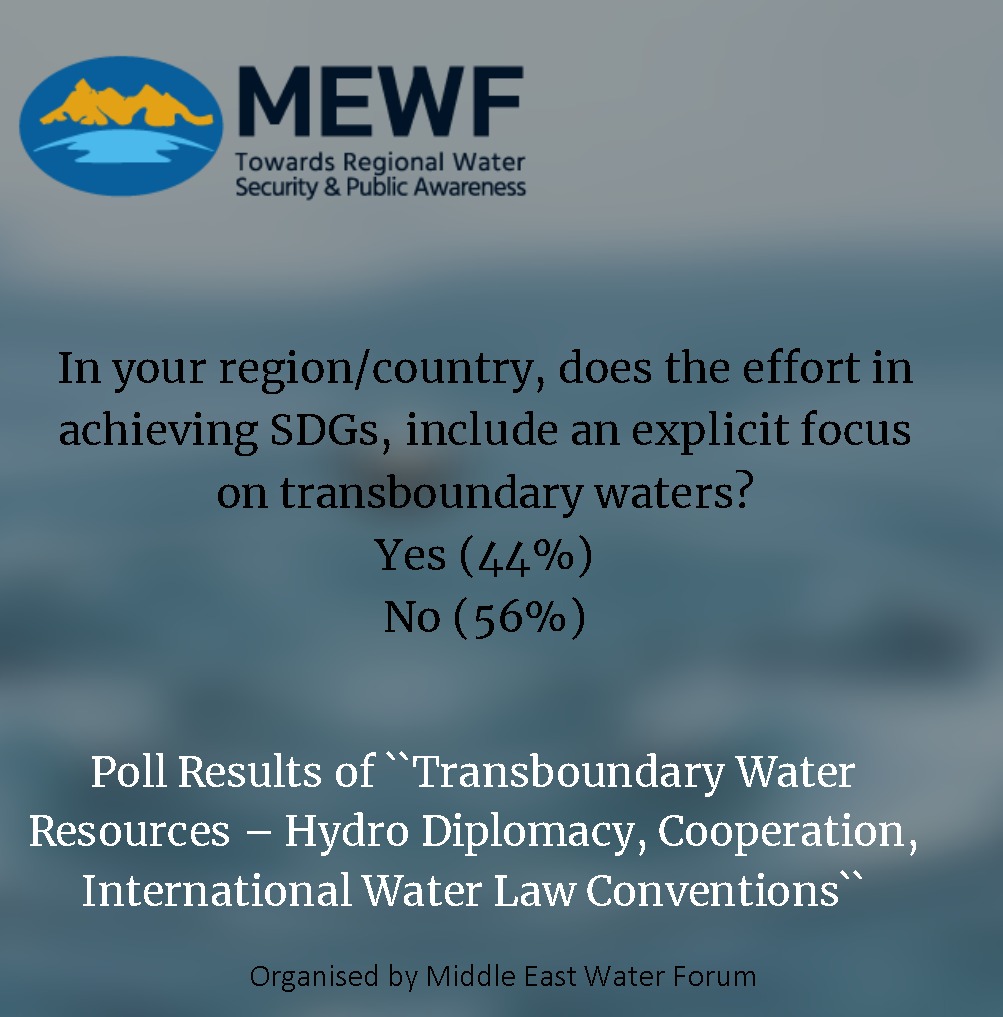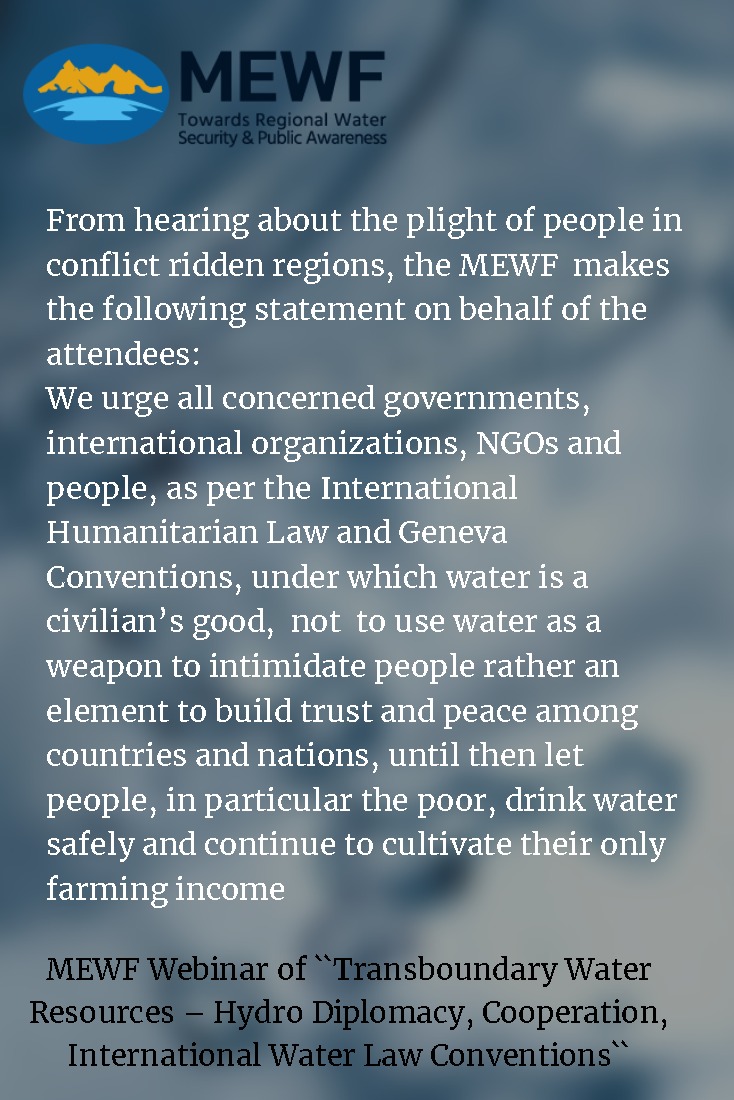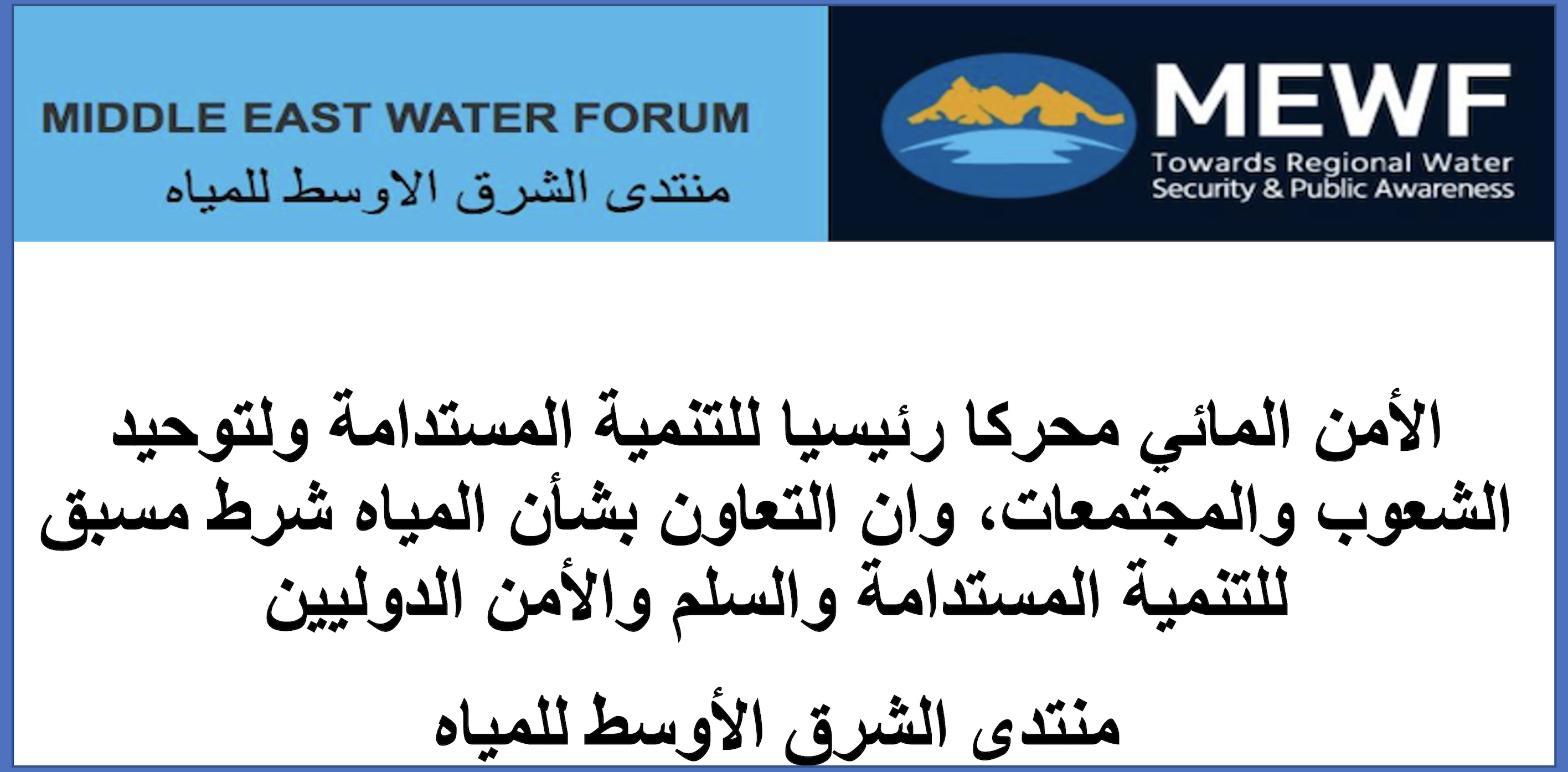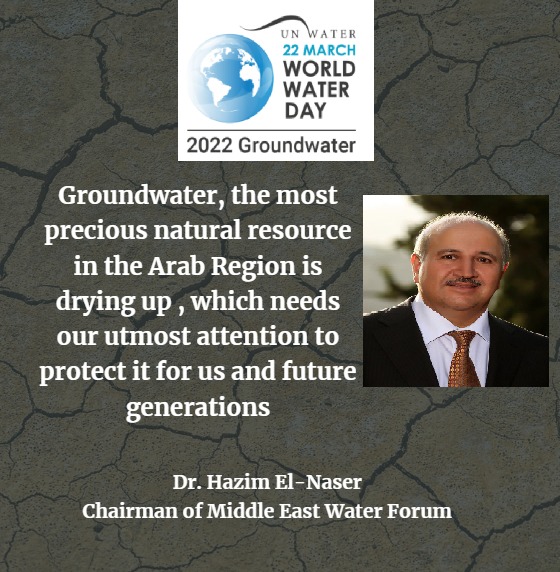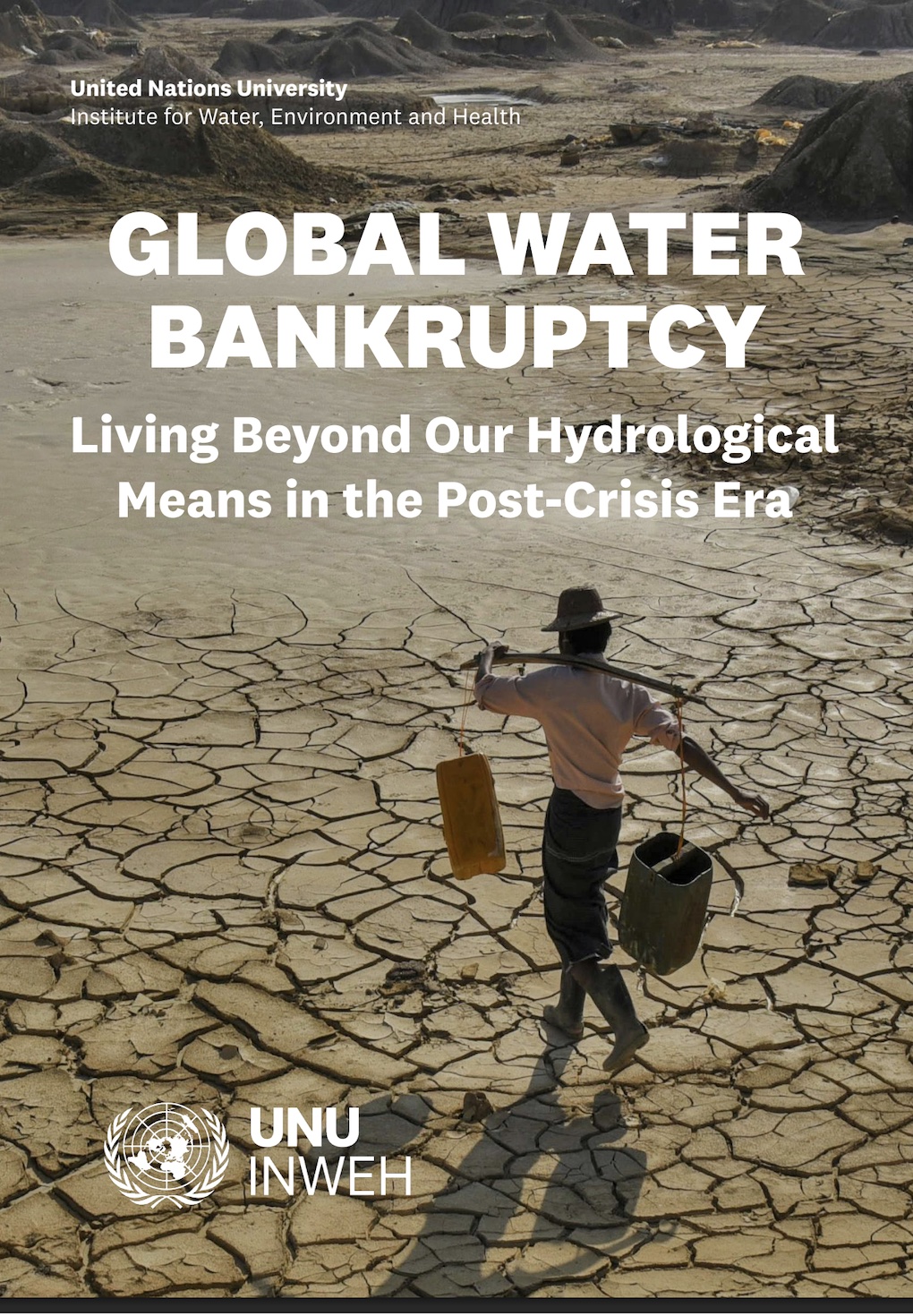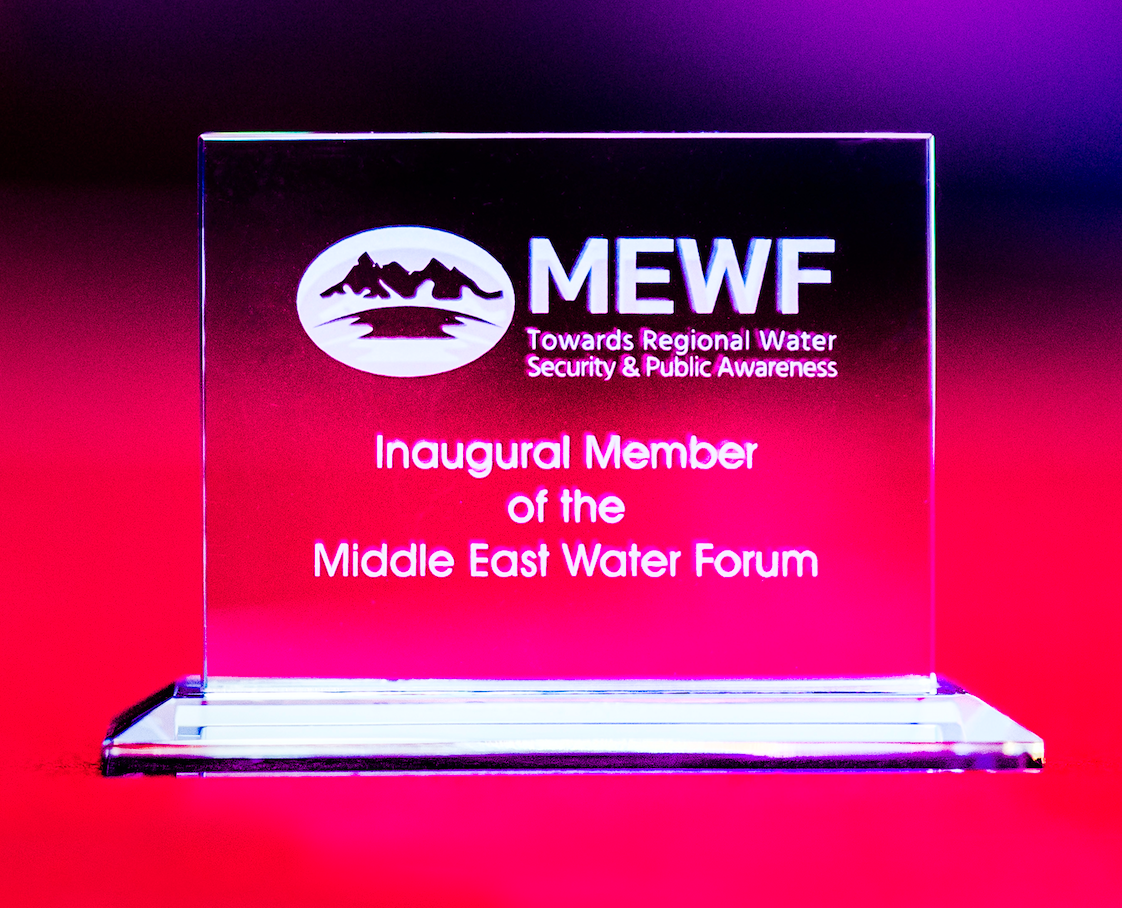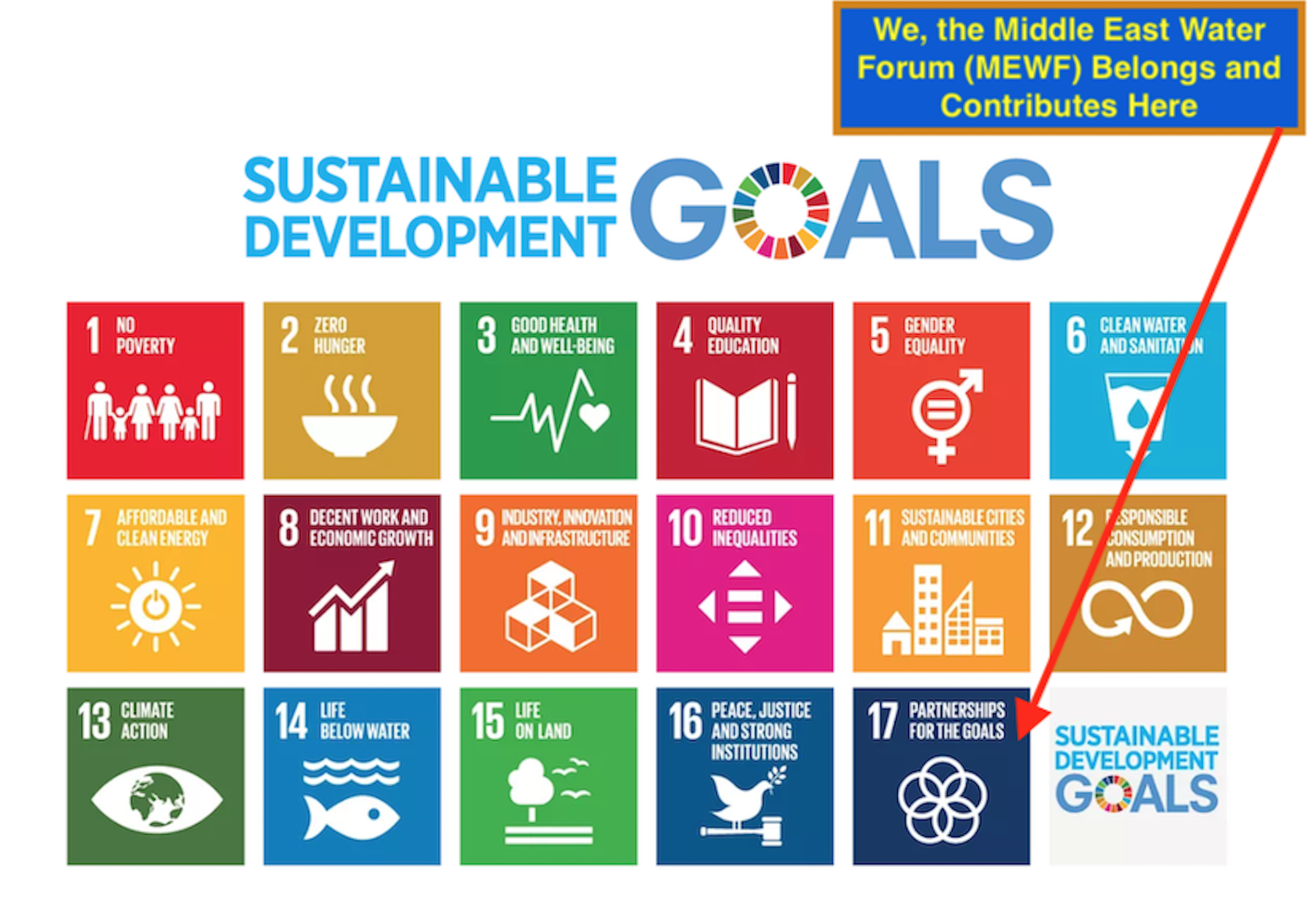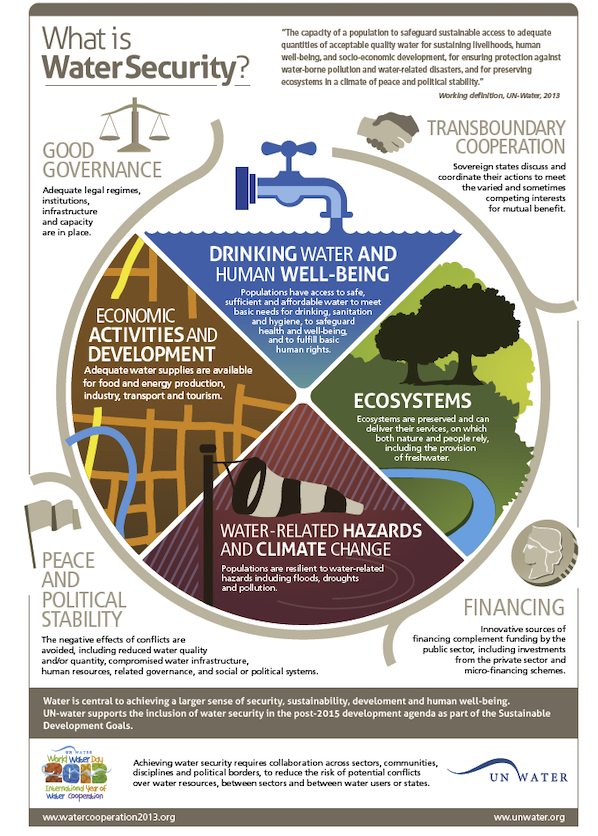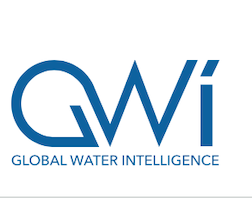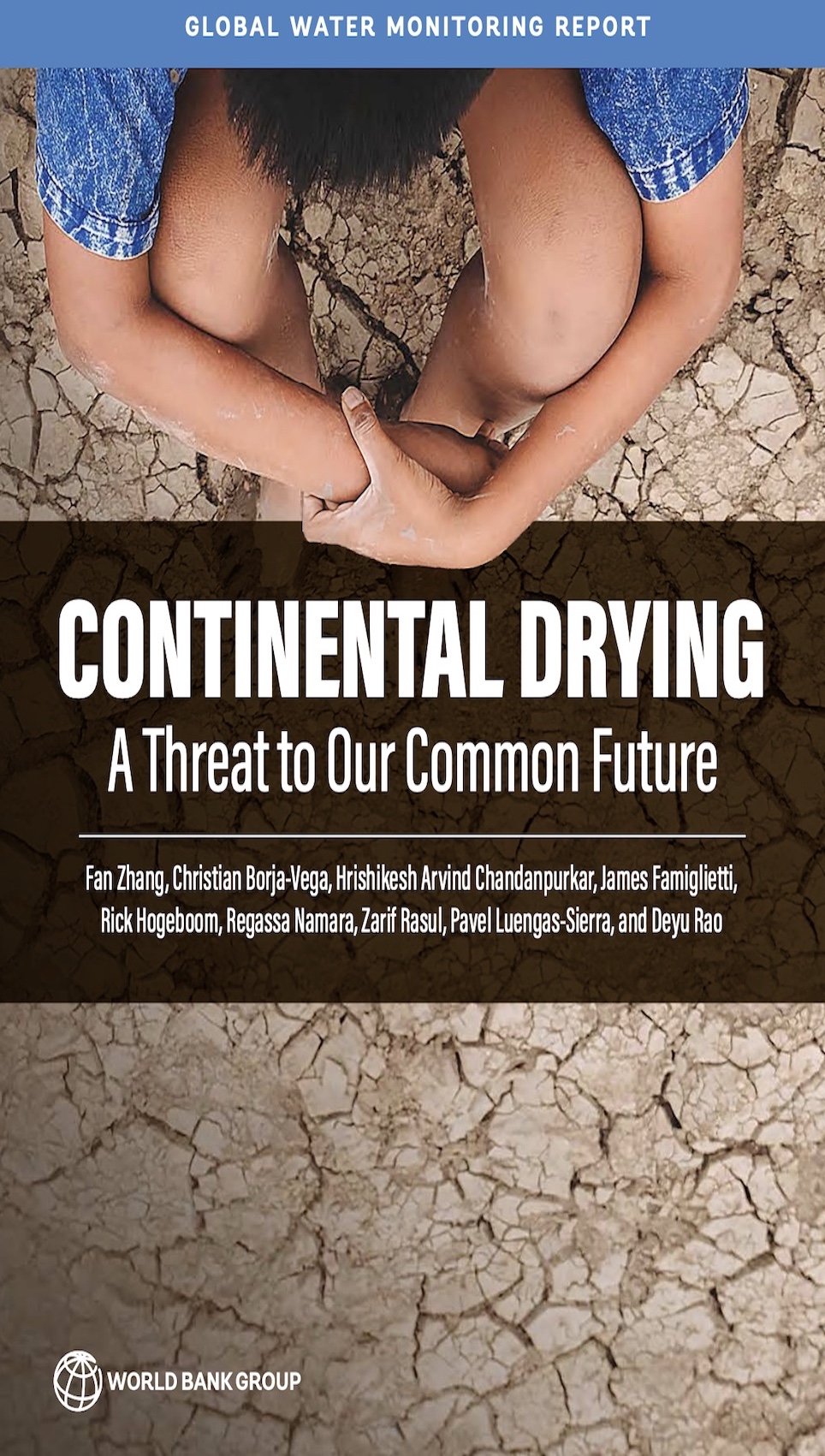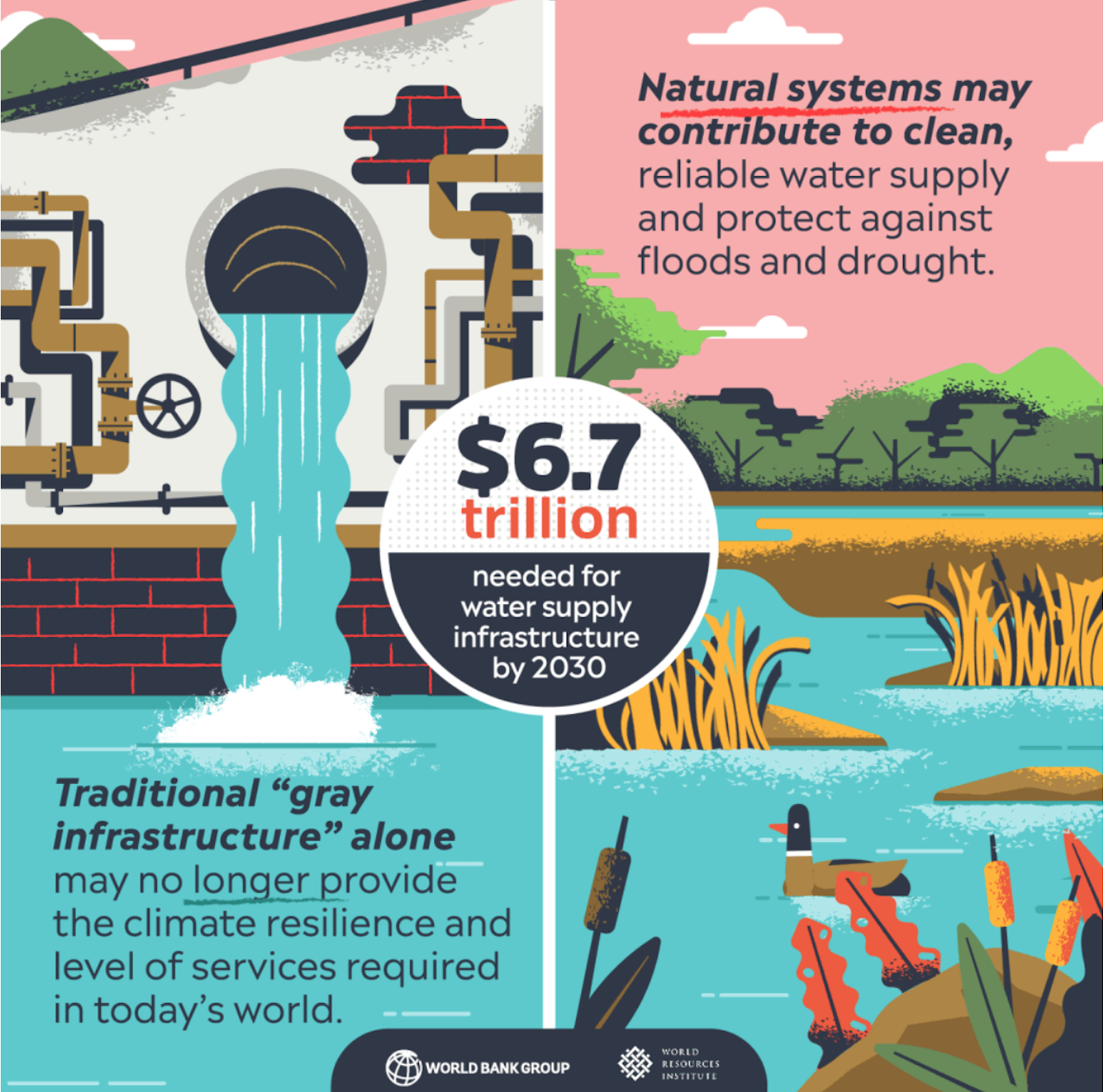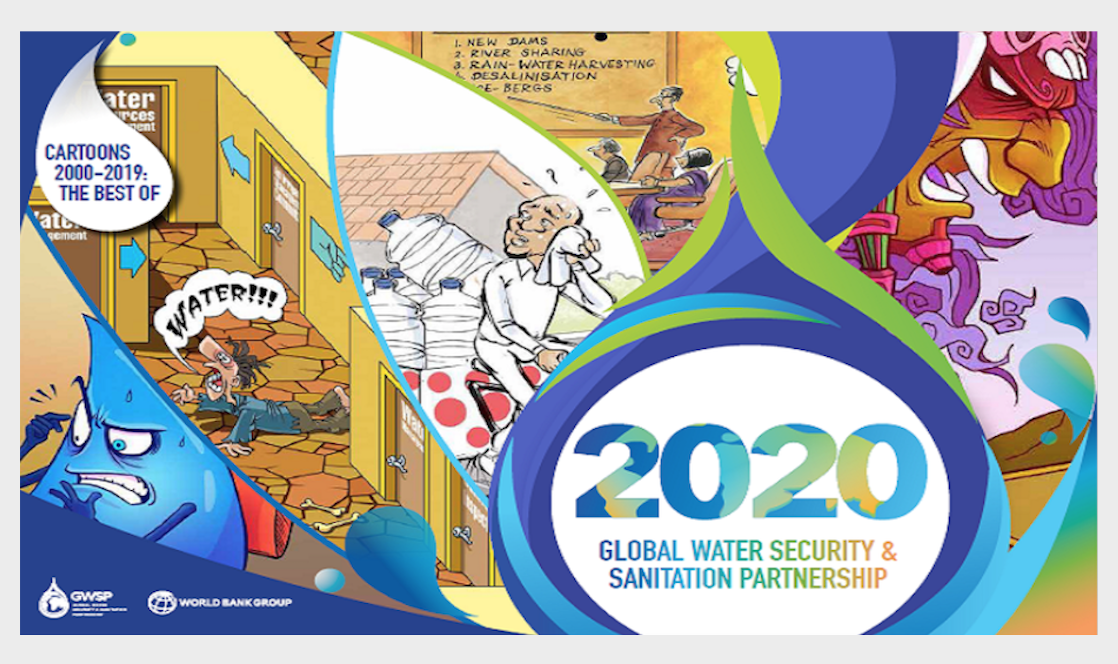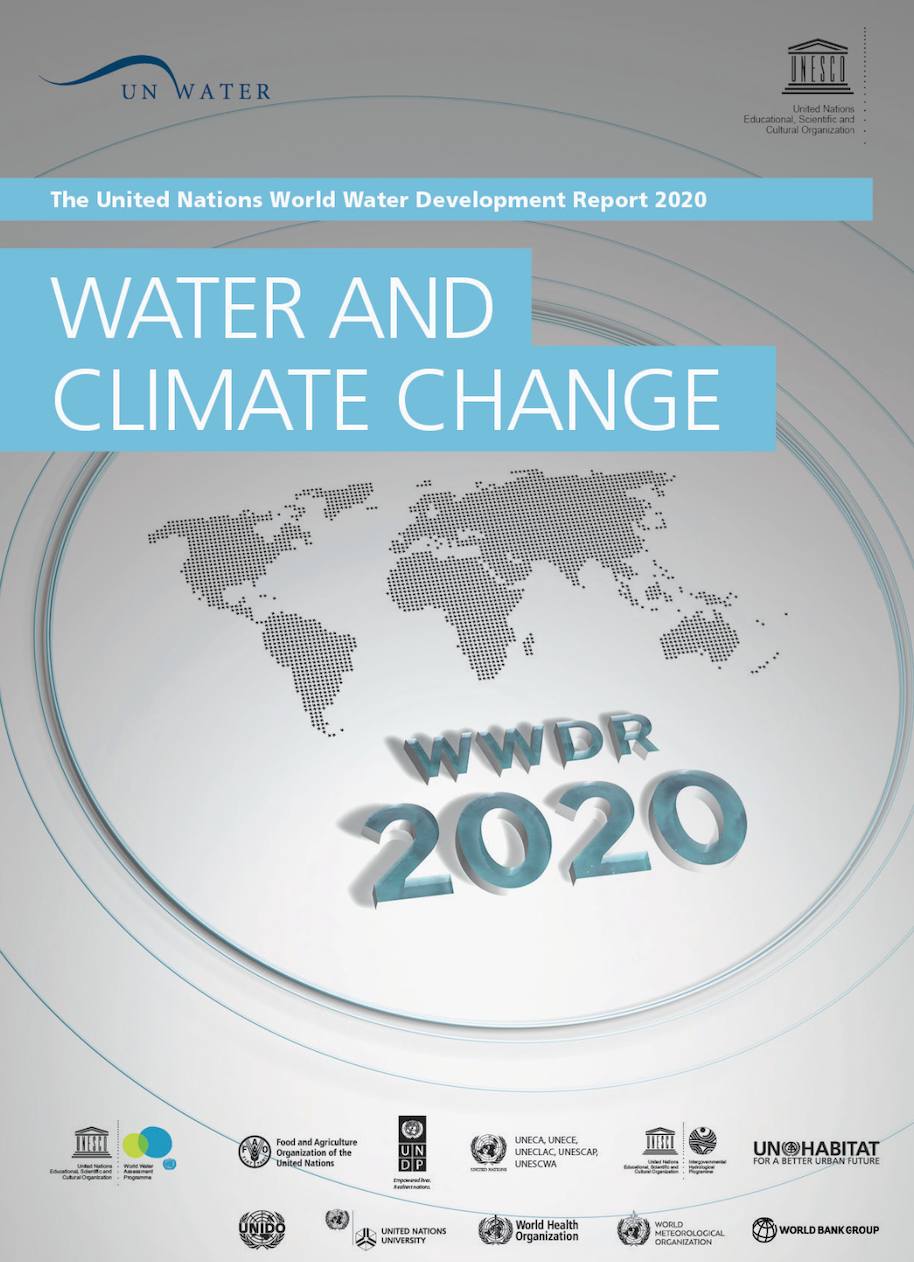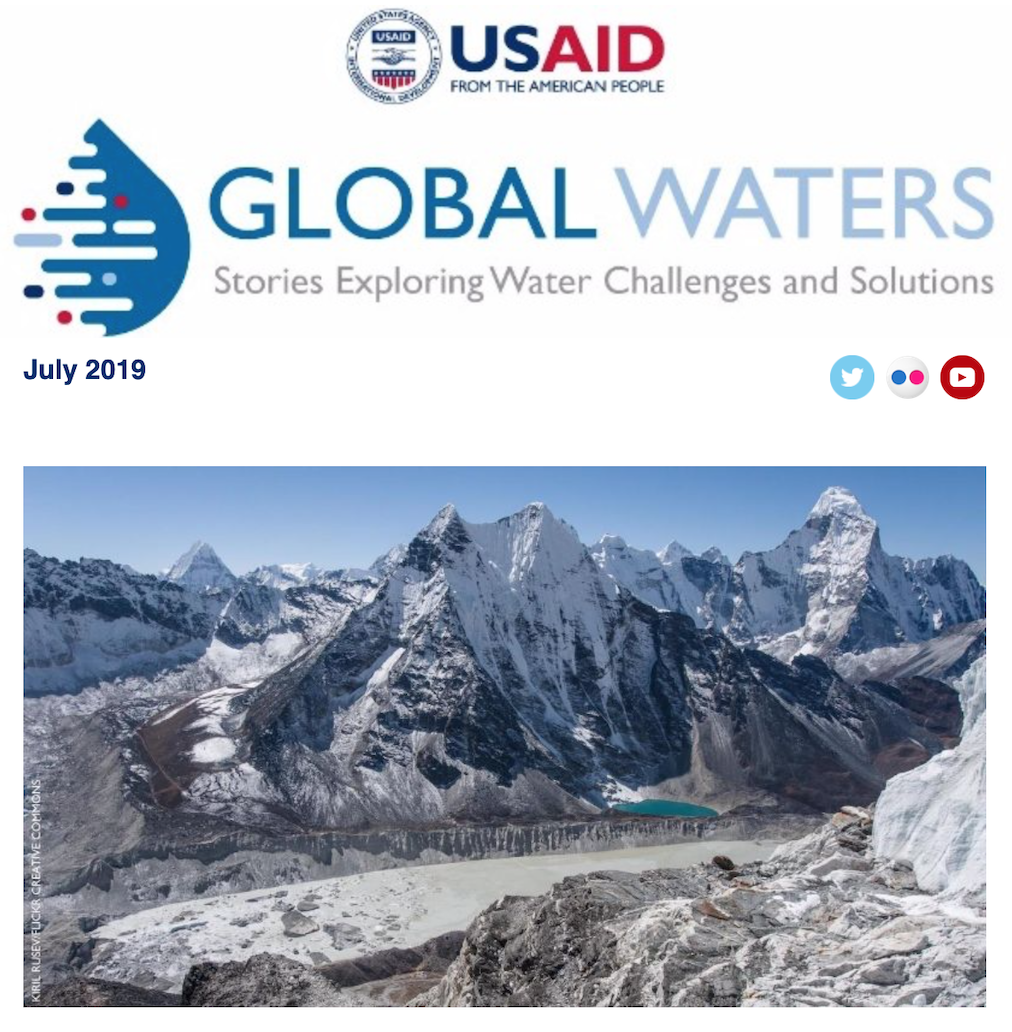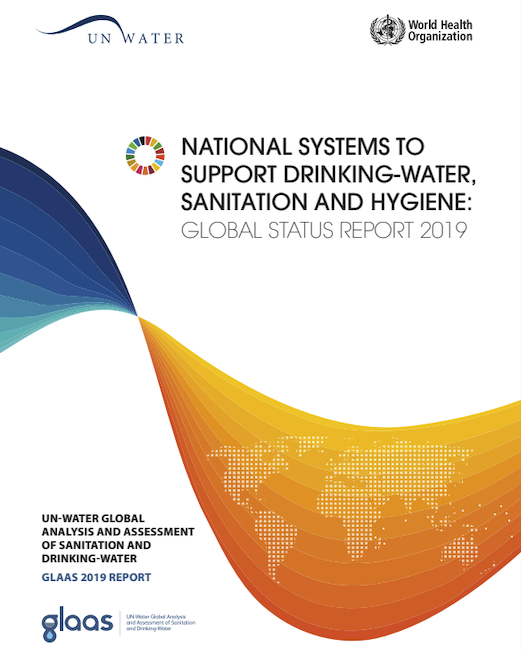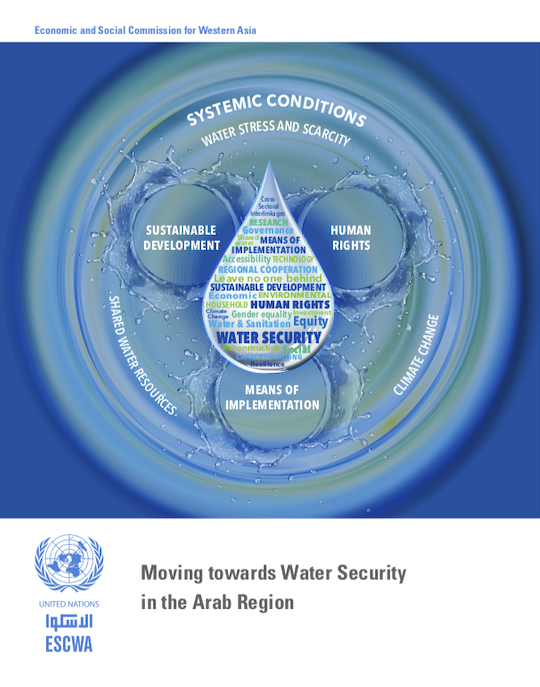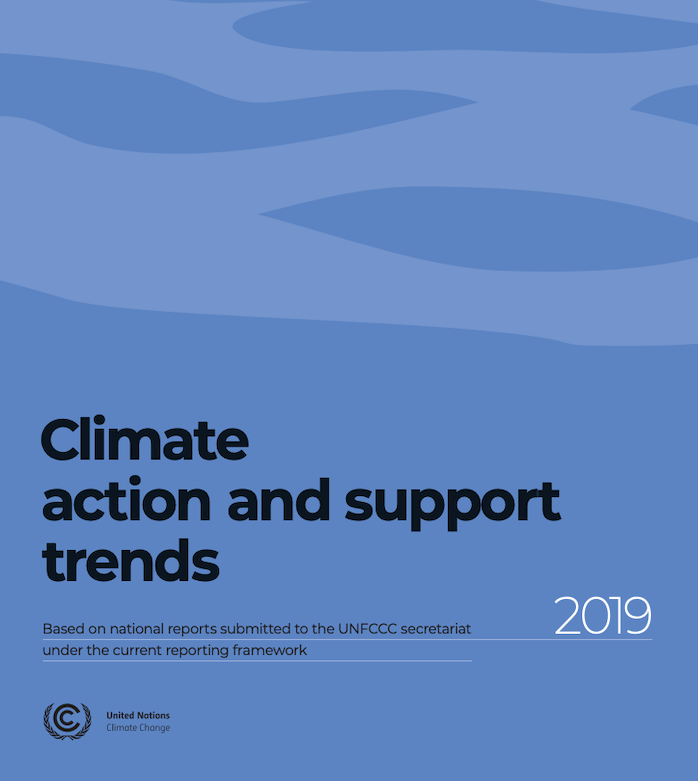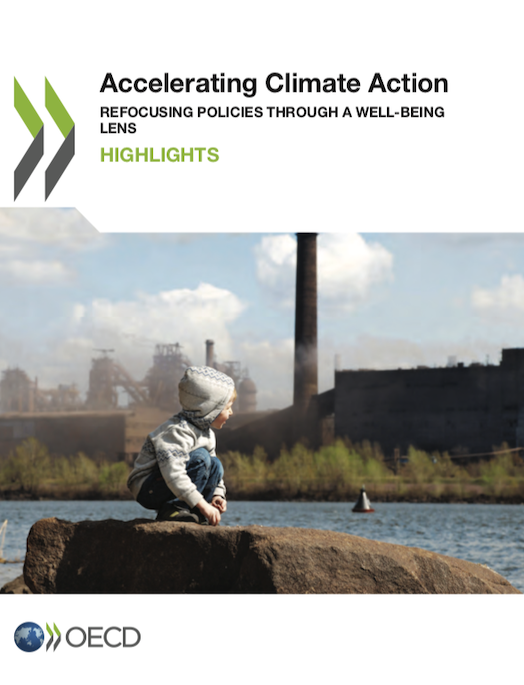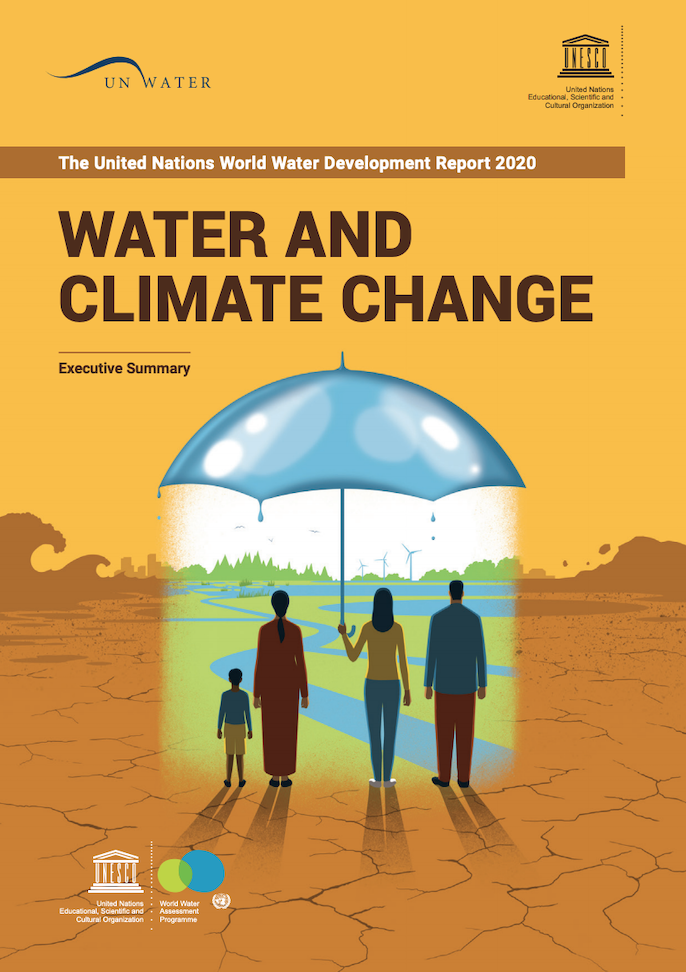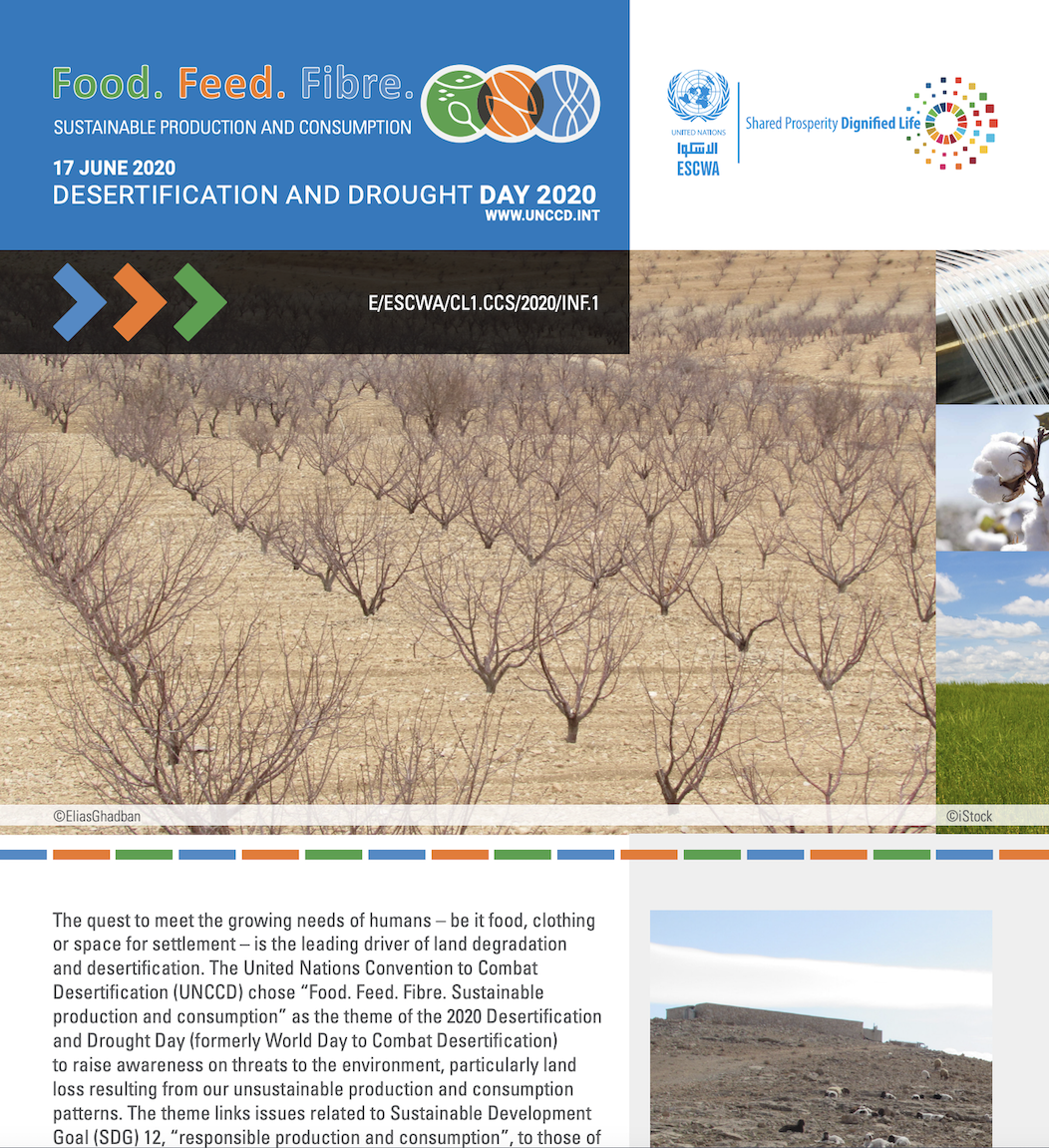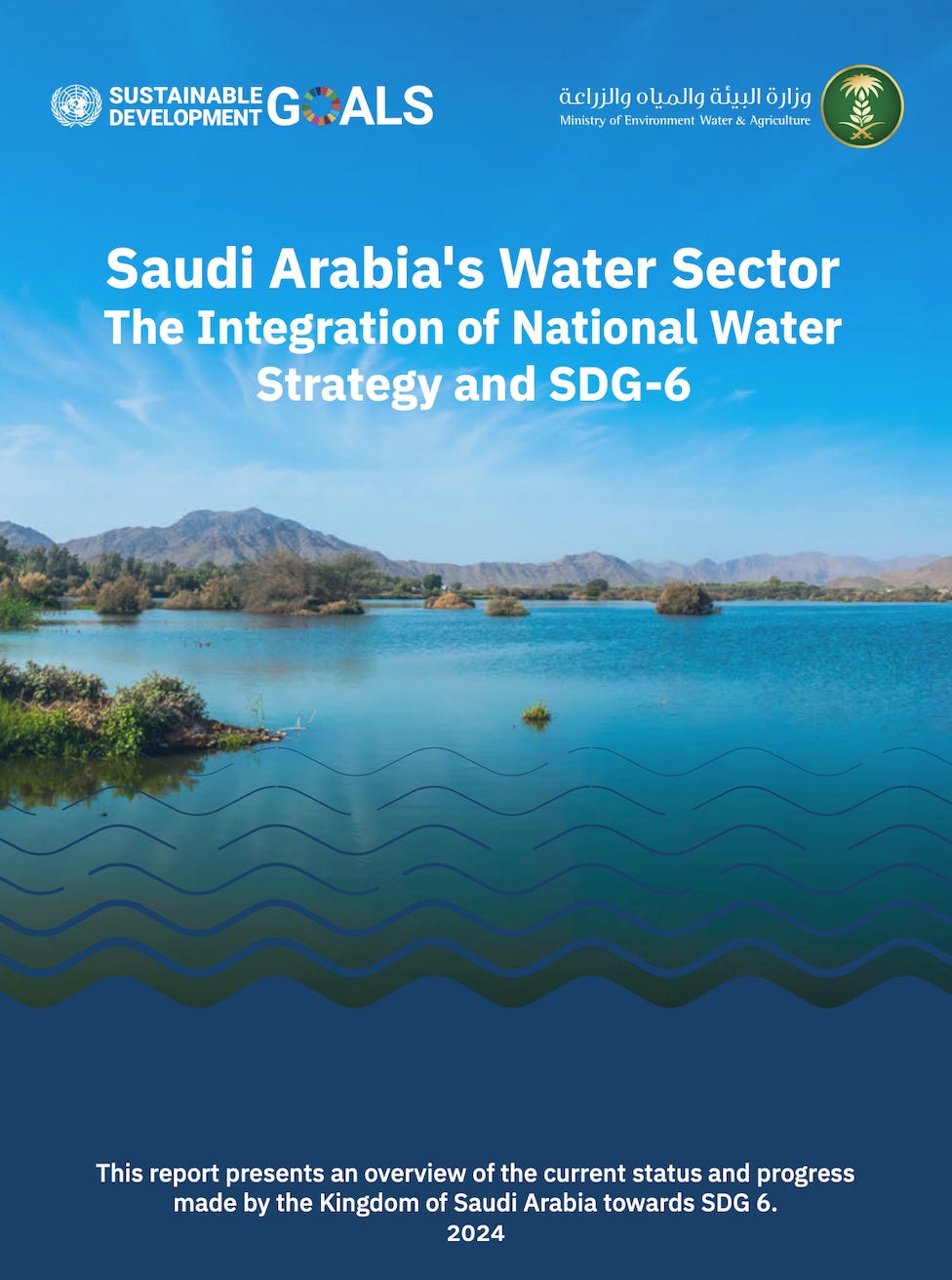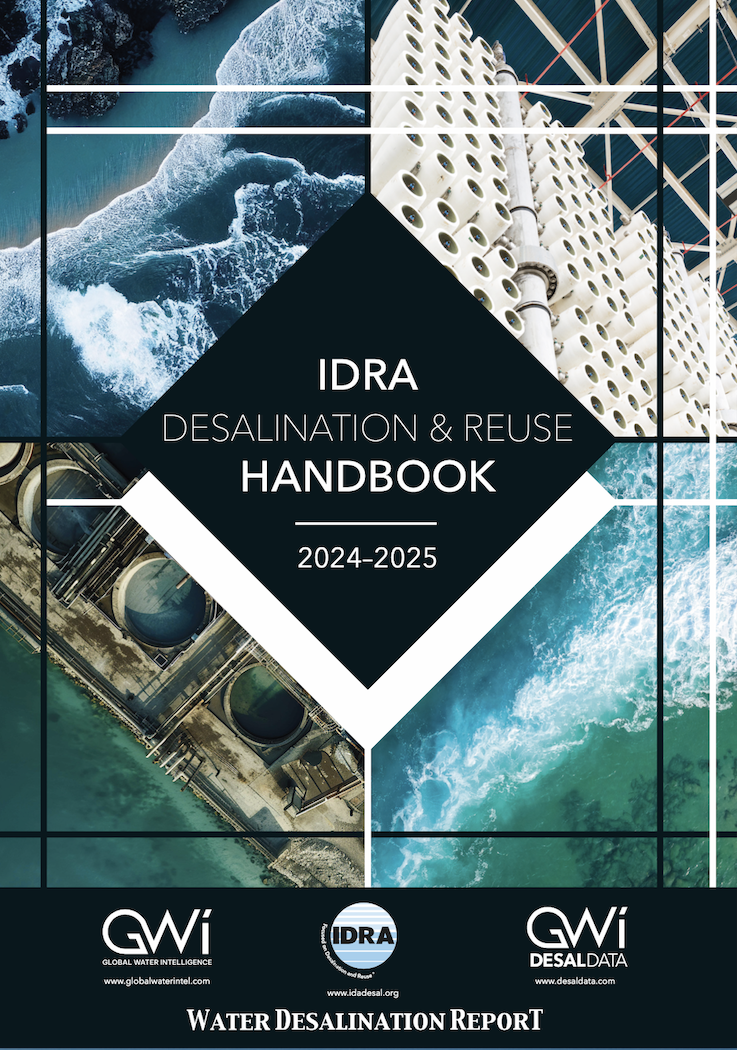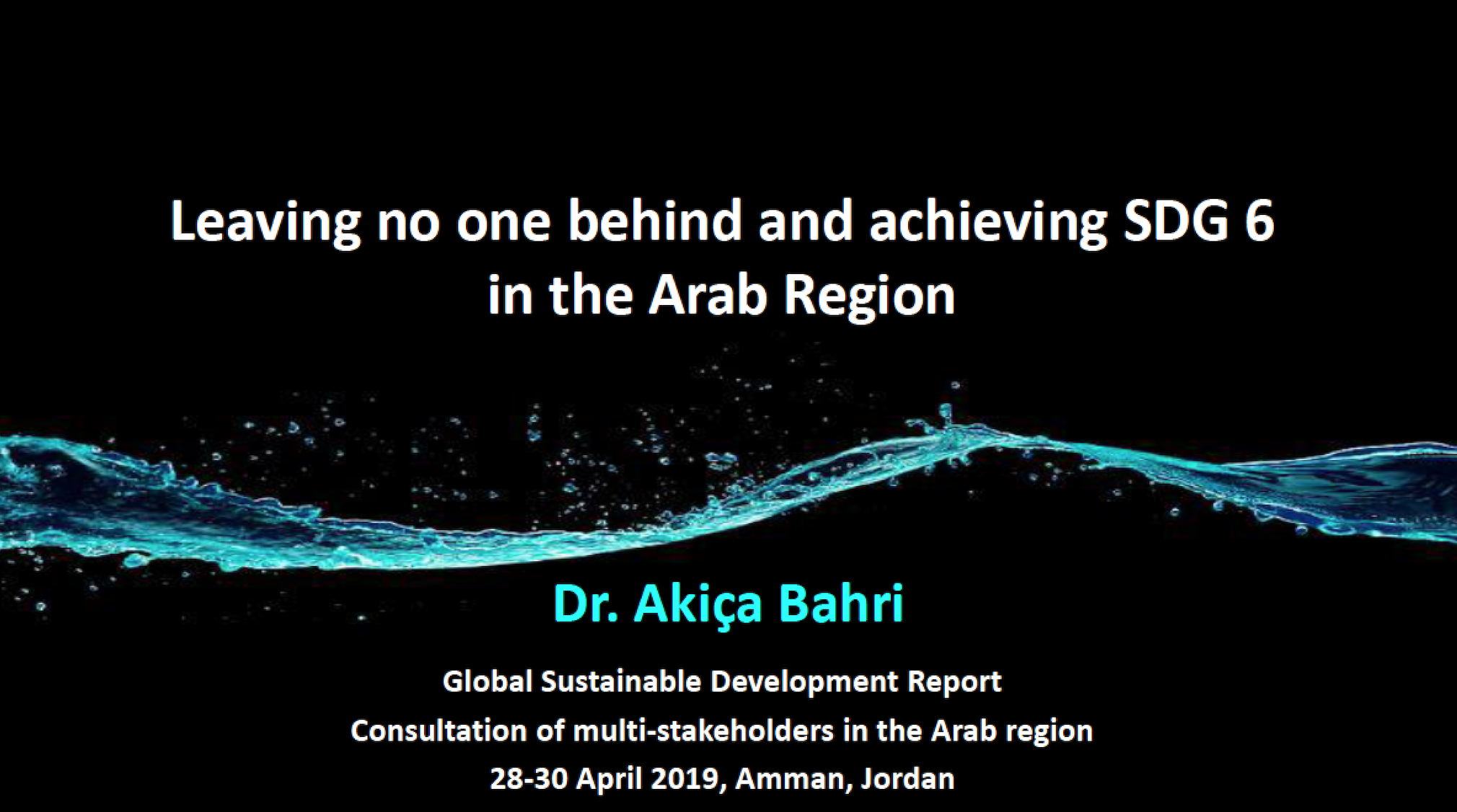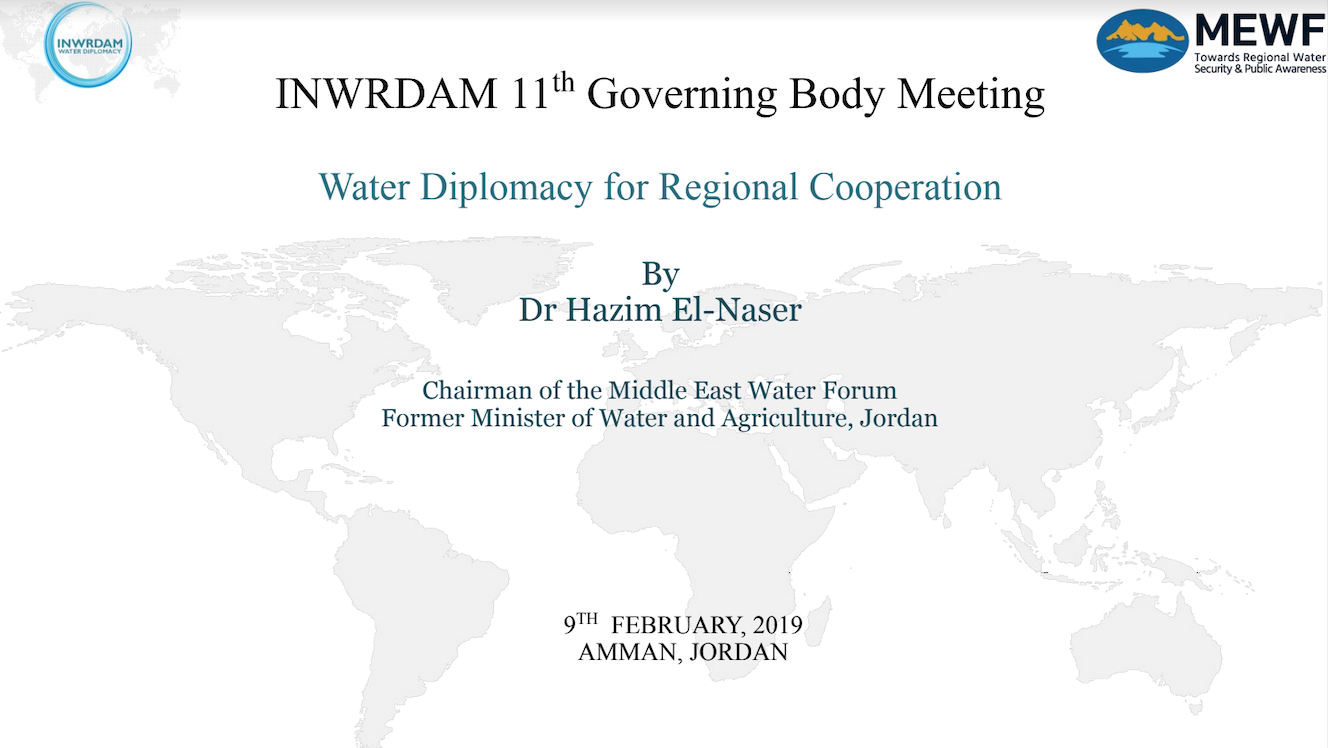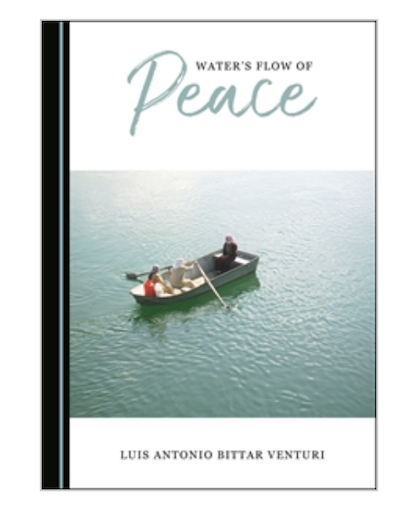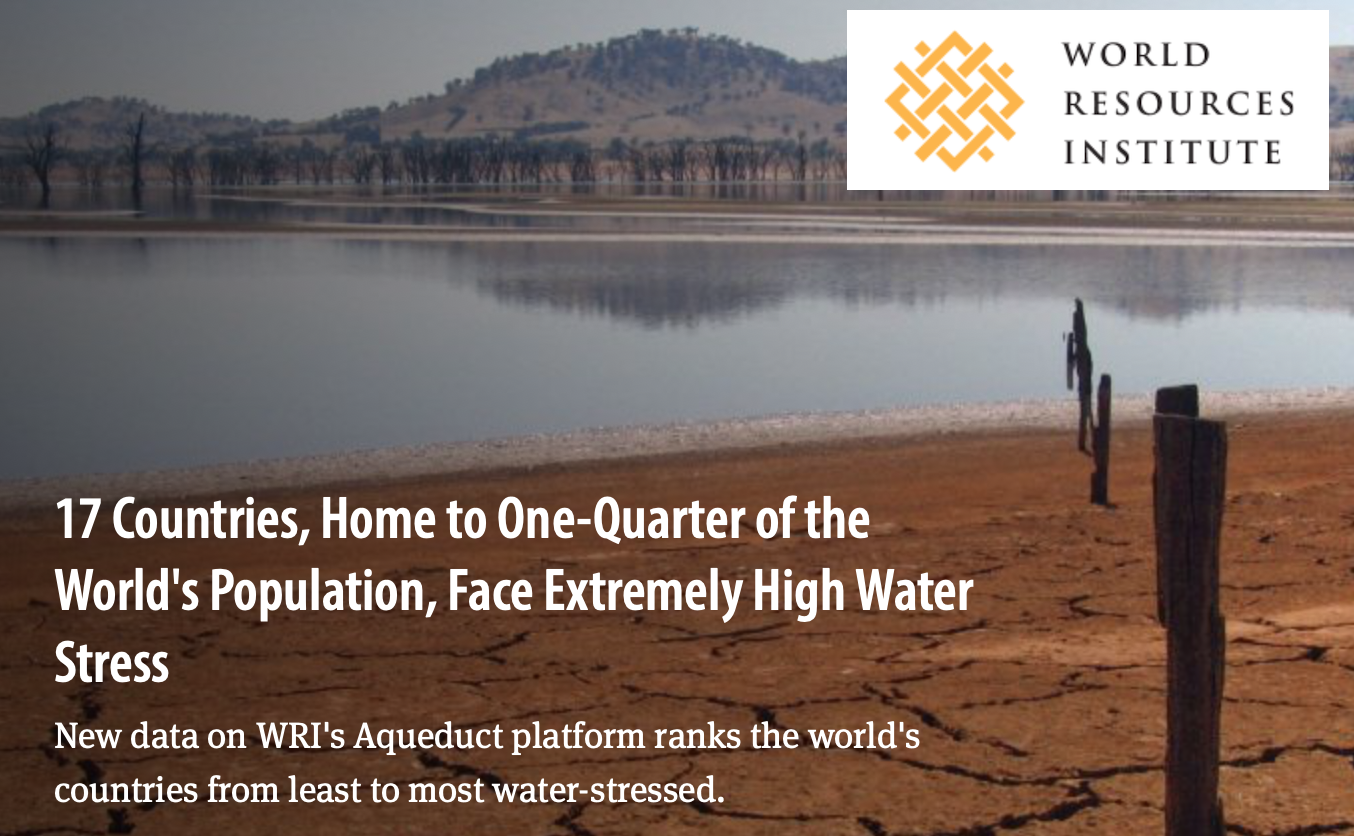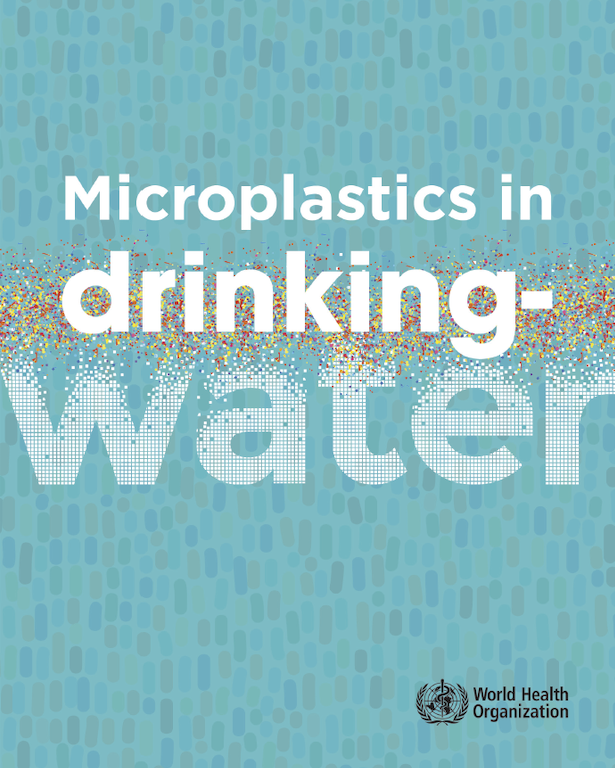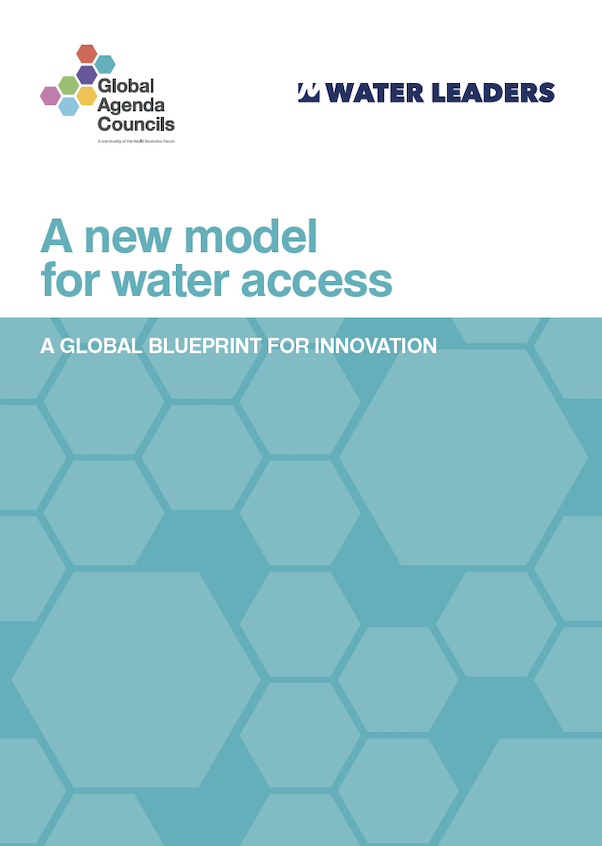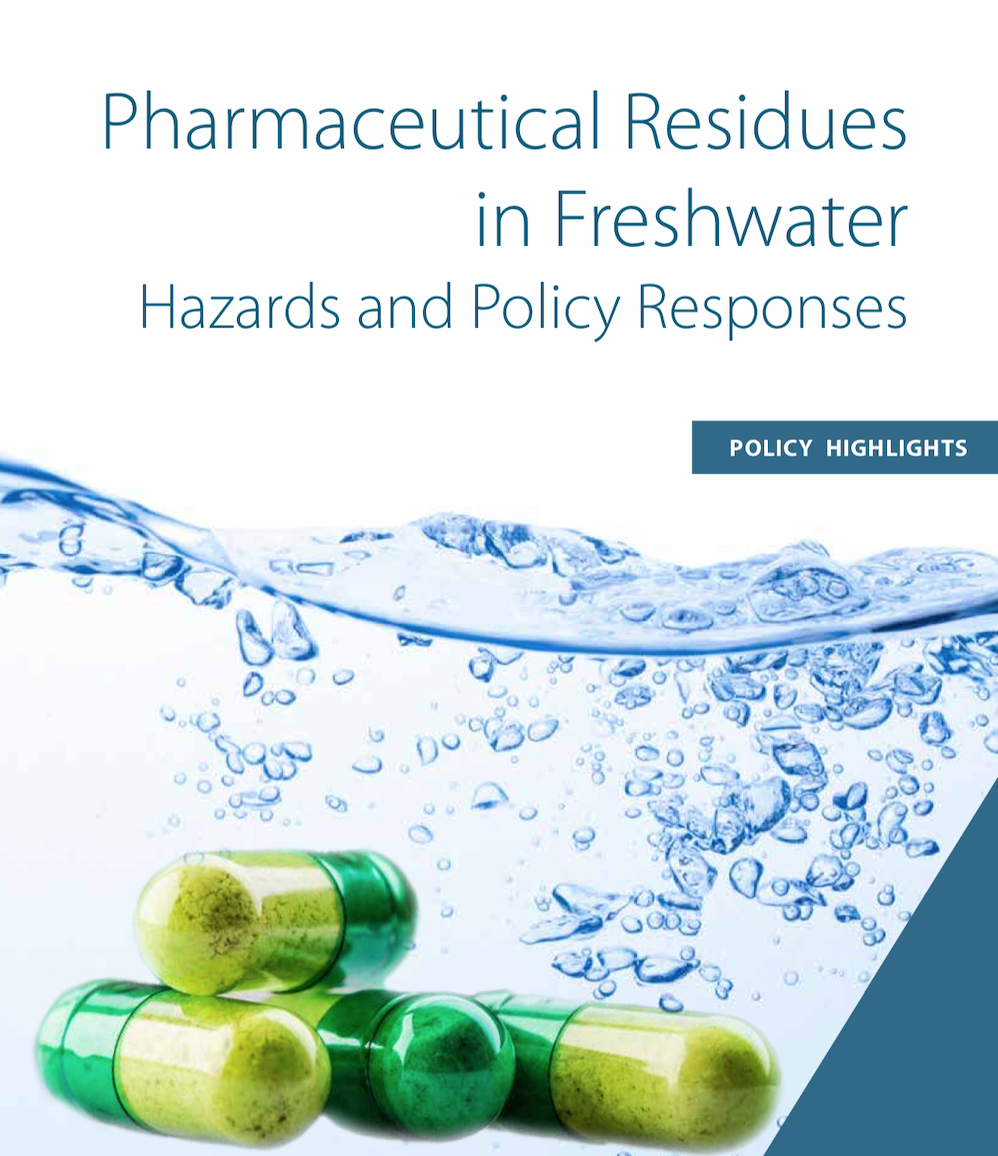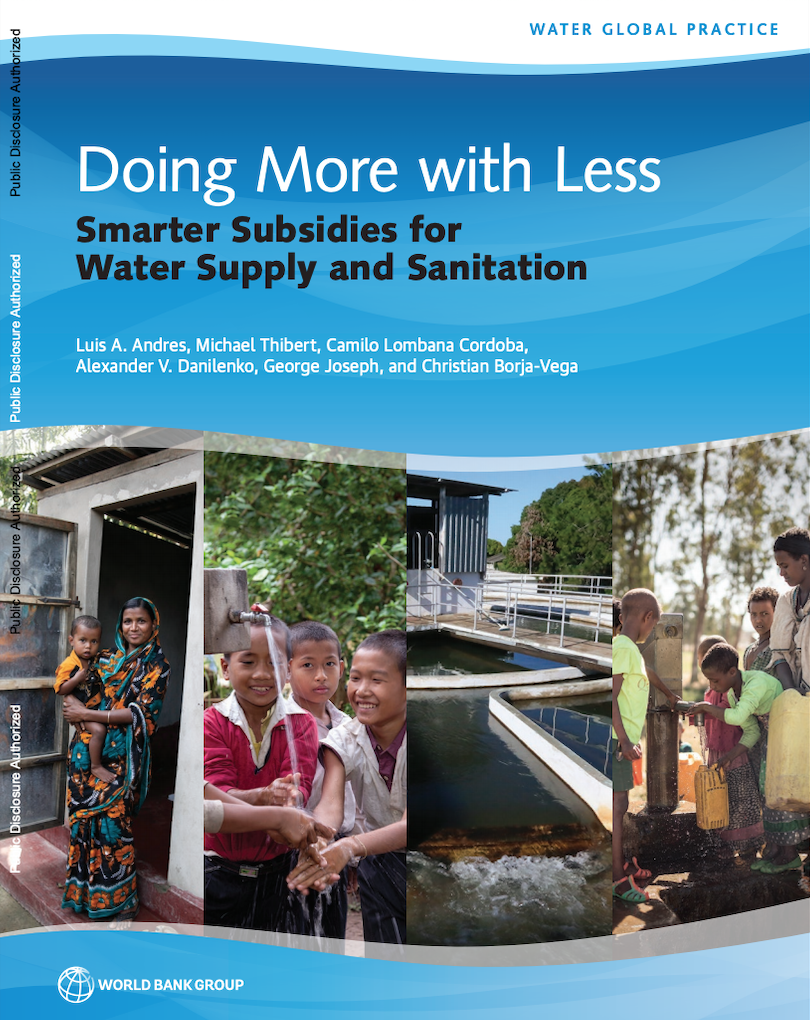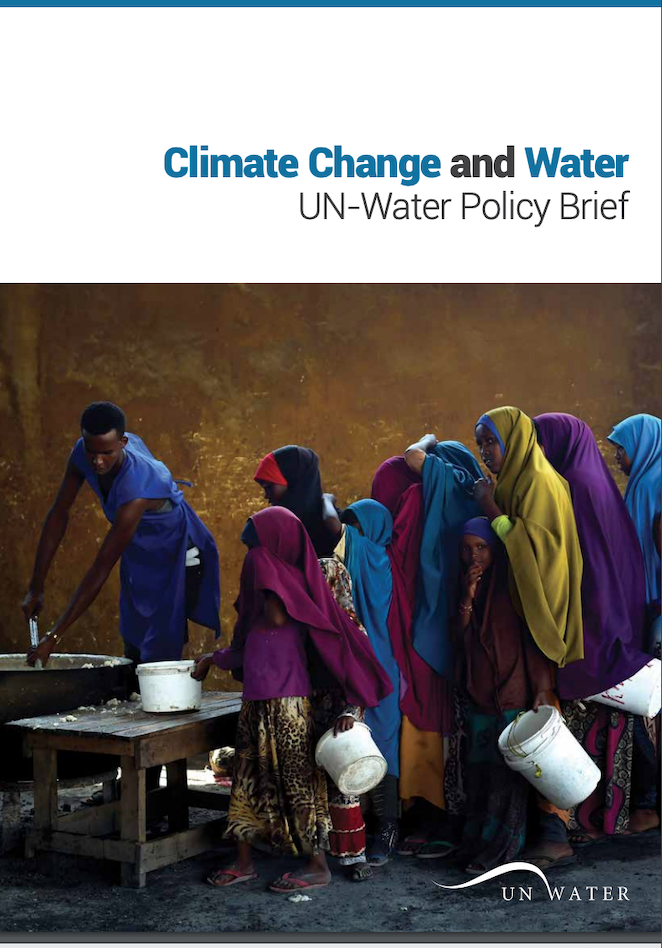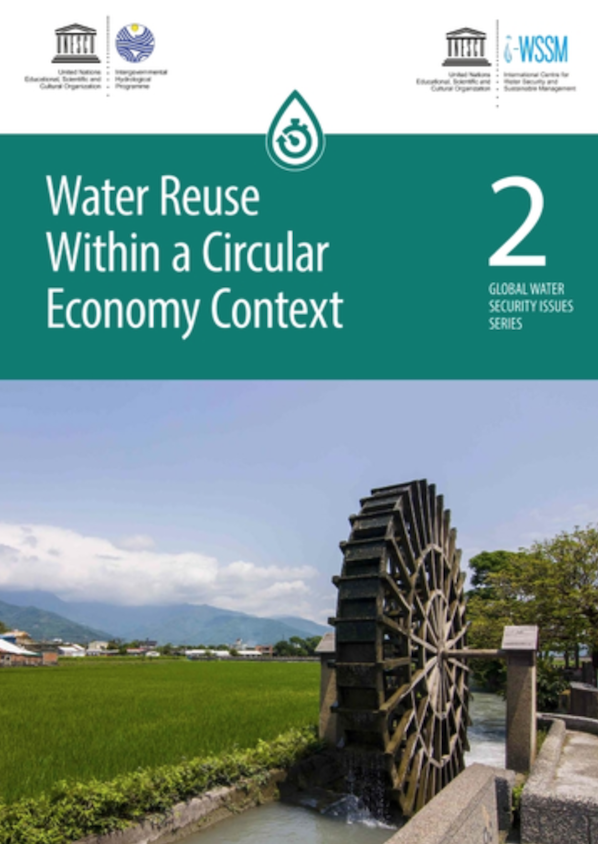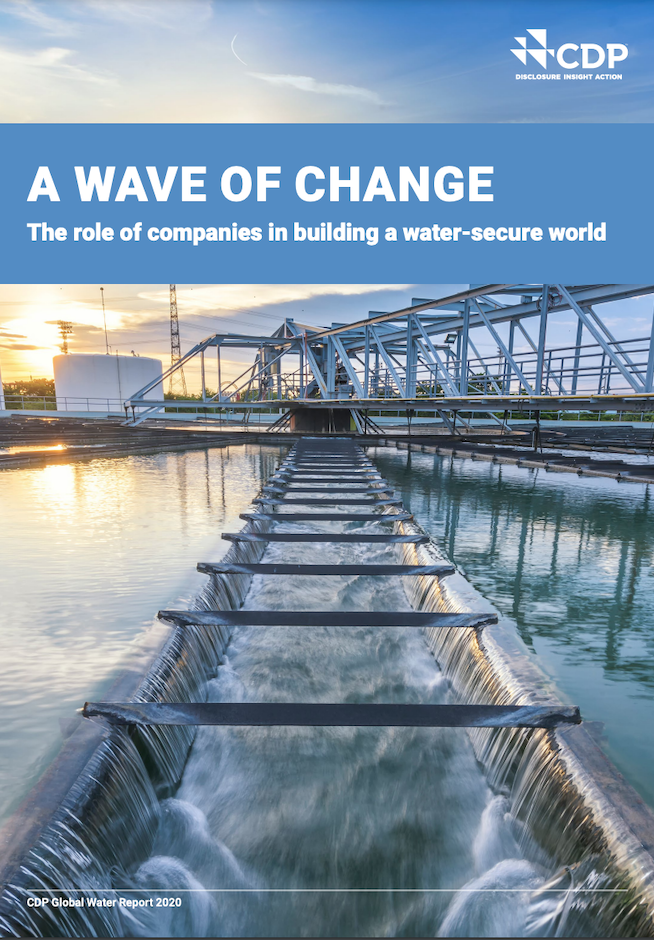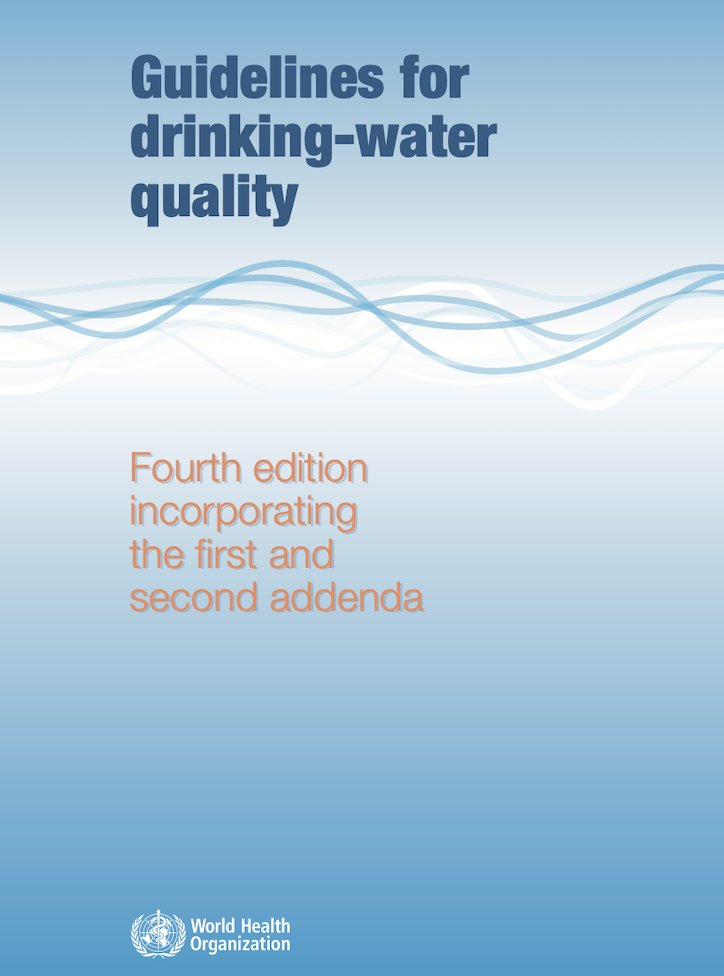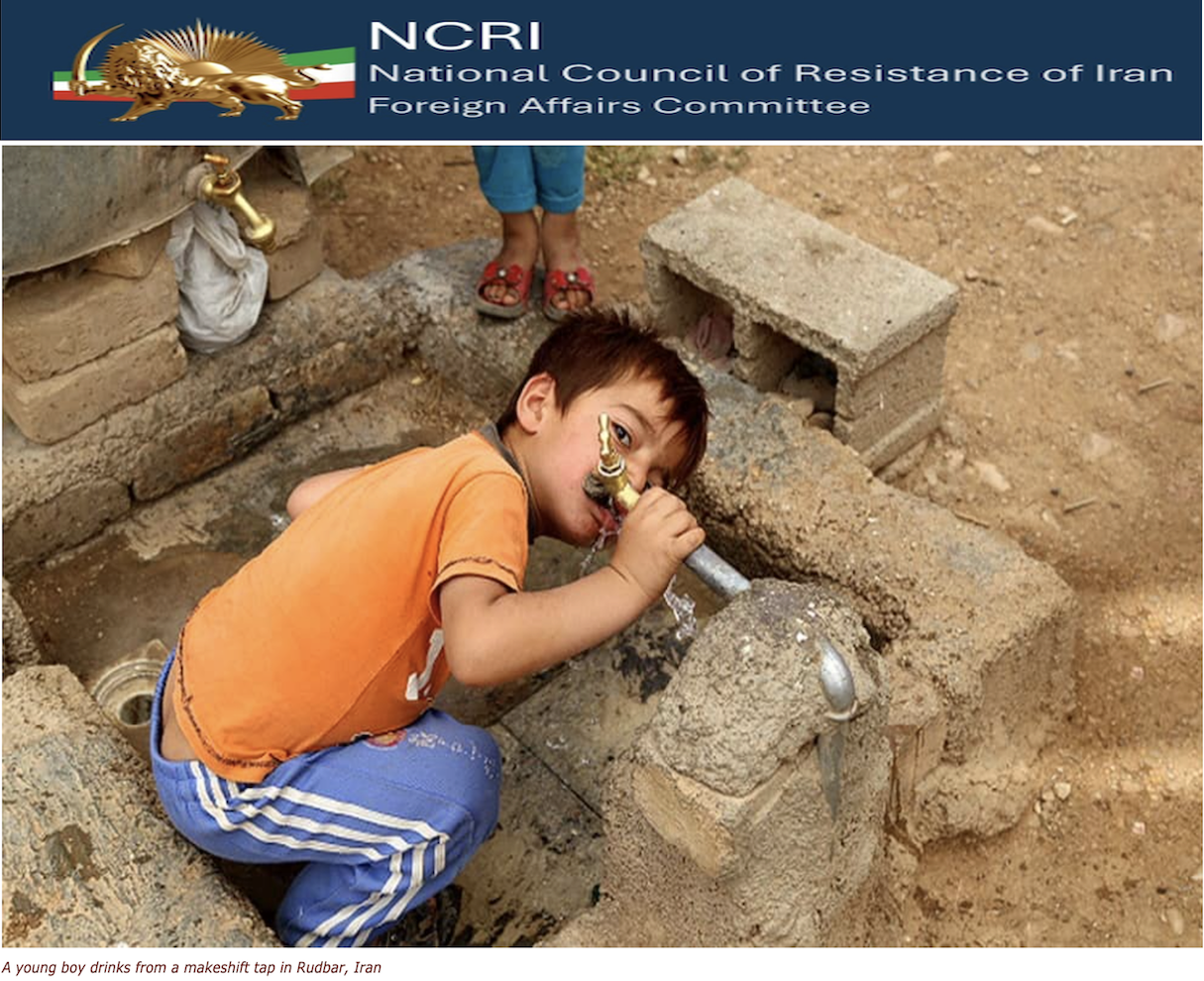
Tehran's water crisis: President Masoud Pezeshkian warns
On 8 November 2025, Iranian President Masoud Pezeshkian issued a stark warning regarding the severe water shortage plaguing Tehran and its surrounding areas. Due to an extended period of drought and the continued absence of rainfall, the capital—home to more than 10 million residents—faces a critical water crisis. The President cautioned that if the rains do not return by the end of the year, the Iranian government may have no choice but to evacuate the population to other regions within Iran where water remains available.
In anticipation of worsening conditions, Iranian authorities have announced plans to implement water rationing across multiple sectors. These measures will affect domestic and drinking water supplies as well as the industrial and agricultural sectors. The authorities aim to manage the scarce water resources more effectively while seeking to delay the need for drastic actions such as mass evacuations.
The water crisis in Tehran is not a new development; it has persisted for several years and requires a comprehensive, long-term strategy. Addressing this issue involves several key actions: rationalizing water consumption, raising water prices, and transporting water from distant sources. However, each of these solutions demands significant financial resources, which may be difficult to secure given the broader crises facing the Islamic Republic of Iran.
Evacuating millions of people from Tehran is a highly complex undertaking. Such a move would require extensive planning and development of supporting infrastructure, including electricity, communications, health services, education, and more. Therefore, transporting water to areas of greatest need is currently viewed as a more practical and cost-effective solution.
Alongside immediate measures, there is a need to plan for the construction of new cities near water sources and to adopt smart water management systems. Gradually relocating the population, particularly younger citizens, to these new urban centers could help balance water demand and supply. At the same time, ongoing efforts to improve water management and consumption in Tehran remain essential for the city’s long-term sustainability.
Source: Middle East Water Forum Publications
Dr. Hazim El-Naser

